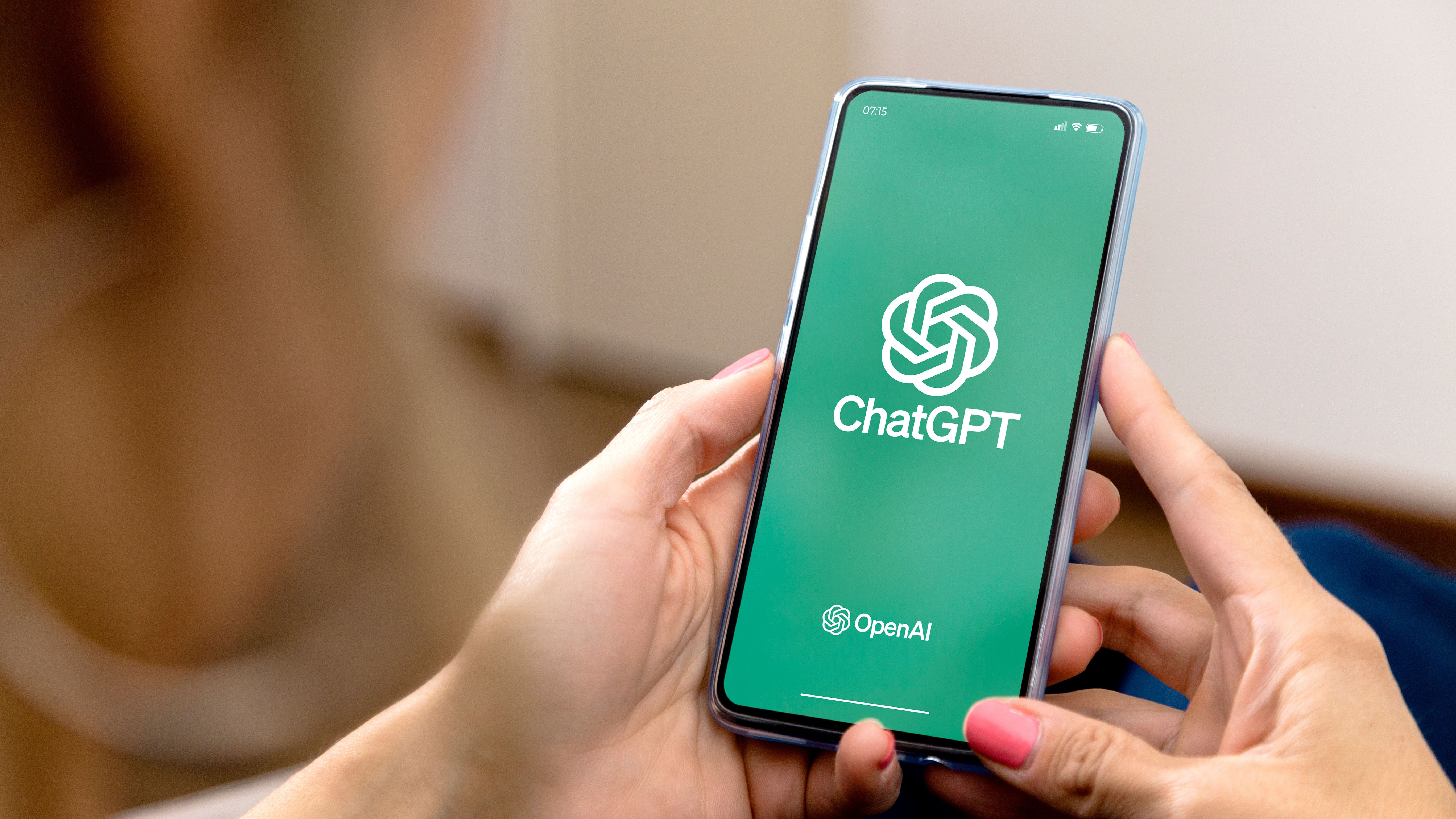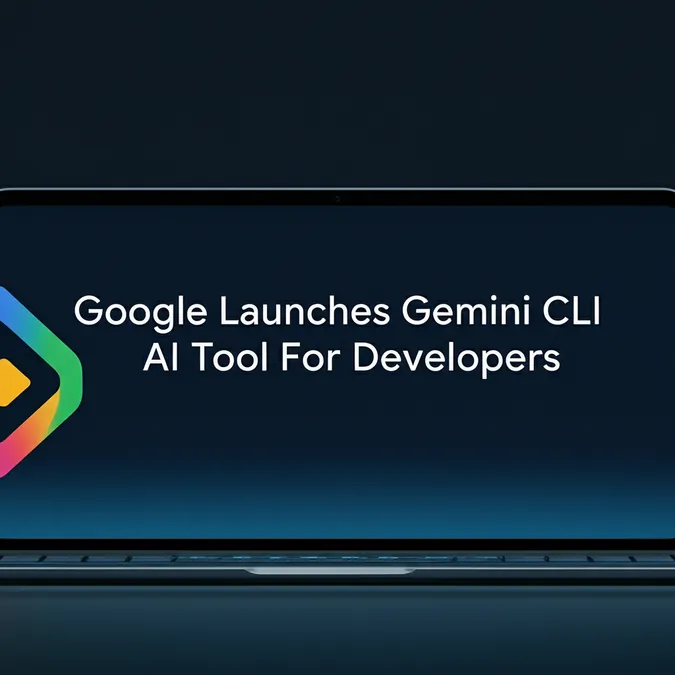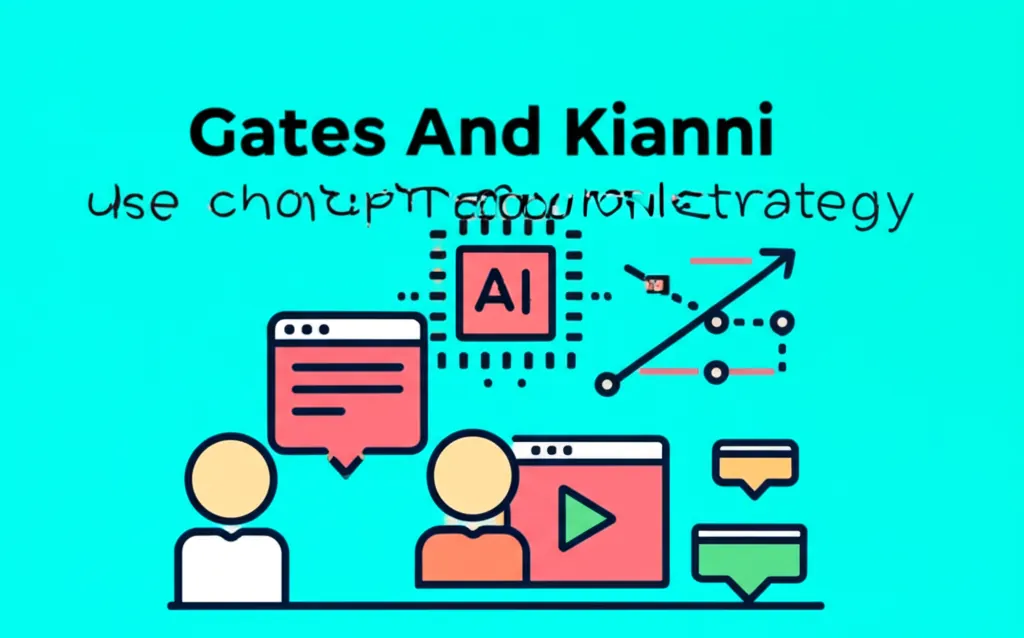Developer Offer
Try ImaginePro API with 50 Free Credits
Build and ship AI-powered visuals with Midjourney, Flux, and more — free credits refresh every month.
Copilot Struggles As ChatGPT Dominates Enterprise AI
Microsoft is encountering significant challenges in promoting its AI chatbot, Copilot, particularly as it vies for market share against the popular ChatGPT. A key factor in this struggle is ChatGPT's earlier launch, which has provided OpenAI's model with a considerable head start in user adoption and familiarity.

AI chatbot models such as ChatGPT and Microsoft Copilot are rapidly gaining popularity in professional and personal settings. However, reports indicate that OpenAI's ChatGPT is establishing a dominant position in the business sector. According to a Bloomberg report, even companies that have invested in Copilot subscriptions are finding it challenging to persuade their employees to use it. For instance, drugmaker Amgen purchased a plan for 20,000 users, yet its employees reportedly continued to favor ChatGPT more than a year later. Amgen is not an isolated case. Workers in various organizations are reportedly choosing ChatGPT over Microsoft Copilot, largely because they are more accustomed to ChatGPT from personal use, making it a more familiar tool.
The Power of Familiarity: ChatGPT's Early Lead
While Microsoft Copilot is powered by OpenAI's advanced models and offers a comparable suite of features to ChatGPT—including information summarization, email composition, data analysis, and image creation—it still faces adoption hurdles. Despite the similar capabilities, ChatGPT's established momentum and extensive existing user base appear to give it a significant competitive advantage.
Data from June 2025 shows ChatGPT boasting nearly 800 million weekly active users and 3 million paying business subscribers. In contrast, Copilot's growth has reportedly plateaued, maintaining around 20 million weekly users for the past year.
Enterprise Challenges: Copilot's Adoption Struggle
One might expect a closer contest, given Windows' widespread dominance as an operating system in professional environments. Microsoft's sales teams have historically leveraged Windows compatibility as a key selling proposition. However, the aforementioned report suggests this advantage is proving less effective in the current AI landscape.
The report notes, "The company’s [Microsoft’s] salespeople knew ChatGPT dominated the consumer chatbot market, but expected Microsoft to own the enterprise space for AI assistants thanks to decades-long relationships with corporate IT departments. But by the time Microsoft began selling Copilot to businesses, many office workers had already tried out ChatGPT at home, giving the chatbot a first-mover advantage."
Even with significant enterprise agreements, such as those with Volkswagen, Accenture, and Barclays (which secured a deal for over 100,000 accounts) valued in the tens of millions annually, Microsoft's Copilot continues to trail OpenAI in overall user numbers. Consequently, organizations find themselves needing to actively promote Copilot usage among their workforce.
Broader Context: Market Pressures and Microsoft's Moves
This challenging AI adoption landscape for Microsoft surfaces amidst news of significant layoffs at the company. Reports indicate that between 6,000 and 7,000 jobs globally are expected to be eliminated, representing nearly 3% of Microsoft's total workforce. This follows a previous reduction of 10,000 employees (5% of the workforce) just two years prior.
Compare Plans & Pricing
Find the plan that matches your workload and unlock full access to ImaginePro.
| Plan | Price | Highlights |
|---|---|---|
| Standard | $8 / month |
|
| Premium | $20 / month |
|
Need custom terms? Talk to us to tailor credits, rate limits, or deployment options.
View All Pricing Details

